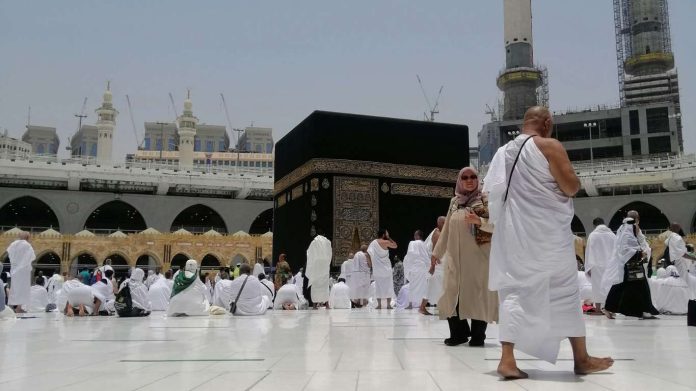Ahead of the upcoming Hajj season, the Saudi Public Prosecution issues a strict cautionary against unauthorized fundraising activities, emphasizing severe penalties for violators. The Public Prosecution stresses the prohibition of collecting donations without proper authorization, citing such actions as serious crimes under the Anti-Financial Fraud and Breach of Trust Law.
On its official X account, the Public Prosecution outlined that collecting donations in kind or cash without a permit from the competent authority is strictly forbidden and constitutes a major crime.
According to the Saudi Public Prosecution in a press statement yesterday, it stated that violators will face severe penalties, including a sentence of up to 7 years in prison, a fine of up to SR 5 million, or possibly both. This law aims to combat fraudulent activities aimed at unlawfully acquiring funds, including deception and misrepresentation for financial gain.
The central message conveyed by the Saudi Public Prosecution is the explicit ban of seeking donations without obtaining the requisite permit from the competent authority.
Emphasizing the gravity of the matter, the authorities are committed to taking swift action against any attempts to deceive or mislead for financial gain.
This recent measure underlines the Saudi government’s determination to regulate and supervise activities during the sacred Hajj season, ensuring that pilgrims are protected from potential exploitation while upholding the sanctity and solemnity of the pilgrimage experience.
Hajj, one of the five pillars of Islam, is a religious obligation for physically and financially capable adult Muslims, requiring at least one pilgrimage in their lifetime.
Saudia Airlines to Introduce Flying Taxis to Ferry Hajj Pilgrims Between Jeddah and Makkah
Scheduled from the 8th to the 12th (or 13th) of Dhu Al Hijjah, the Islamic lunar month, Hajj involves several rituals, including Tawaf, Sai, standing on the Plains of Arafat, and symbolic stoning of evil in Mina. The culmination of Hajj coincides with Eid Al Adha, a major Islamic festival observed worldwide. Hajj dates vary annually due to the lunar calendar, with 2024 expected to fall in late June or early July, contingent upon the moon sighting marking the start of Dhu Al Hijjah.

